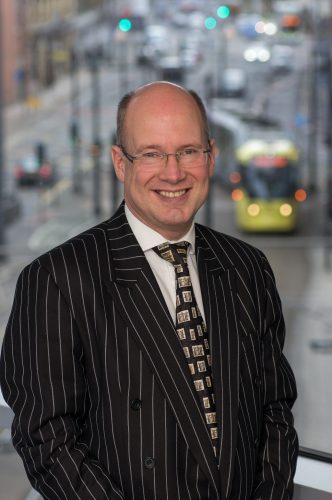
The Urban Transport Group (UTG) has welcomed the House of Commons Select Committee’s joint inquiry on the Government’s failure to improve the UK’s air quality.
Published by the Environment, Food and Rural Affairs, Environmental Audit, Health and Social Care and Transport Committees, the report includes a number of suggestions for the Government relating to improving air quality, and claims 40,000 early deaths are caused each year as a consequence of air pollution.
The report recommends a new Clean Air Act, a clean air fund financed by the transport industry, a national air quality support programme for councils and urges the Government to end the sale of petrol and diesel cars earlier than its current target of 2040.
Dr Jon Lamonte, Chief Executive of Transport for Greater Manchester and Lead Board Member for air quality at the UTG, said: “Today’s report should come as a wake-up call for Government, whose plans to date have been insufficient to meet the scale of the challenge that transport authorities face on air quality.
“We were particularly pleased to see that the Select Committees share our view that improving air quality should be a joint endeavour between national and local Government, with national Government providing leadership and a framework, and city regions given the powers, support and funding they need to deliver effective local air quality plans.
“Tackling poor air quality caused by transport in our cities on tight timescales is extremely challenging, which is why the Select Committees are right that we need a much more comprehensive and robust approach from Government so that we can get on with the job of planning and delivering solutions to local air quality challenges that will work in specific local circumstances.”

